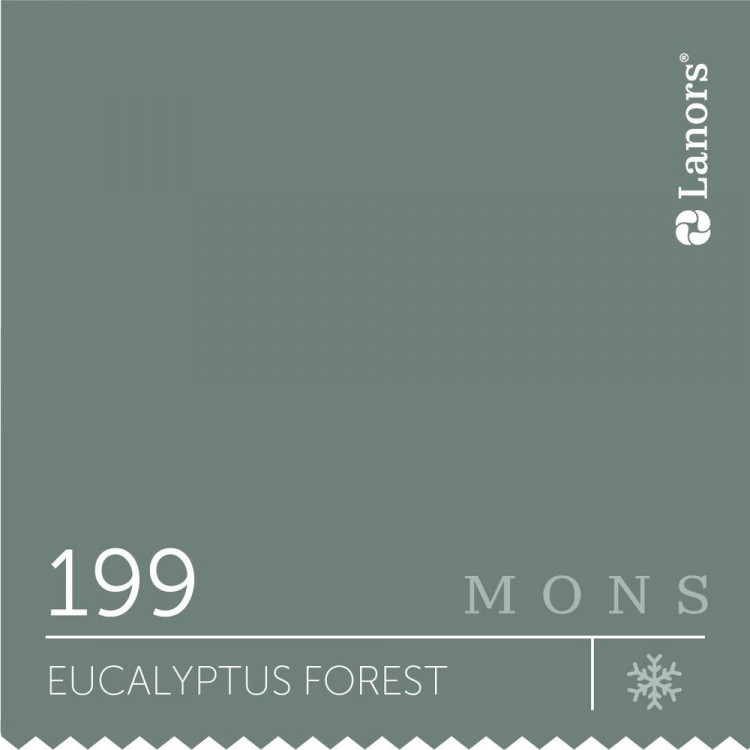Introduction
Urban agriculture is becoming increasingly significant in cities worldwide as more people seek sustainable food sources, reduce carbon footprints, and combat food insecurity. Mons, Belgium, known for its rich cultural heritage and annual events, is embracing urban farming initiatives that foster community engagement and ecological balance. This article delves into the developments in urban agriculture within Mons, highlighting its relevance and importance in today’s societal context.
Urban Farming Initiatives in Mons
Recent years have seen a notable surge in urban agriculture projects across Mons, particularly as the local government actively promotes sustainable practices. Initiatives such as rooftop gardens, community allotments, and vertical farms have made agriculture more accessible to city dwellers. One of the leading projects, “Mons à Manger”, aims to transform underutilised spaces within the city into productive gardens where residents can cultivate fresh produce.
Additionally, local NGOs and community groups have partnered to establish educational workshops that teach residents about sustainable gardening techniques, composting, and biodiversity. Schools have also incorporated urban agriculture into their curricula, encouraging children to engage with nature and learn about food systems firsthand.
Benefits of Urban Agriculture
The implementation of these initiatives has yielded multiple benefits for the Mons community. Firstly, urban agriculture enhances food security by providing fresh and locally grown goods, reducing dependence on imported foods. It also fosters a sense of community, as residents come together to grow and share crops.
Moreover, such projects positively impact the environment by promoting green spaces that can help mitigate urban heat and improve air quality. Additionally, urban agriculture has been linked to increased mental well-being for practitioners, as gardening can serve as a therapeutic activity that fosters connection to the land.
Conclusion and Future Prospects
The urban agriculture movement in Mons reflects a growing awareness of sustainability and community resilience. As cities continue to expand, initiatives like those seen in Mons could set a precedent for innovative solutions to urban food challenges. The ongoing collaboration between local authorities, communities, and environmental organisations can ensure the success and sustainability of these projects.
Looking to the future, it is expected that urban agriculture in Mons will not only flourish but also inspire similar initiatives in other Belgian cities and beyond. The movement represents a pivotal shift towards more sustainable urban living and a greater appreciation for local food systems, ensuring a healthier environment for generations to come.
